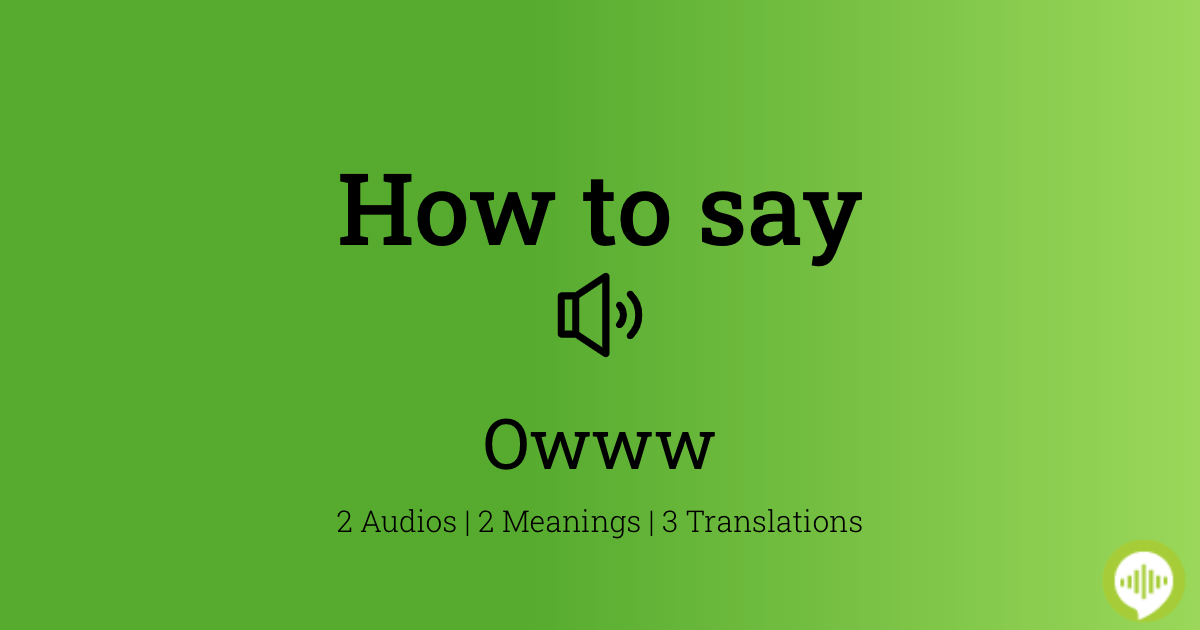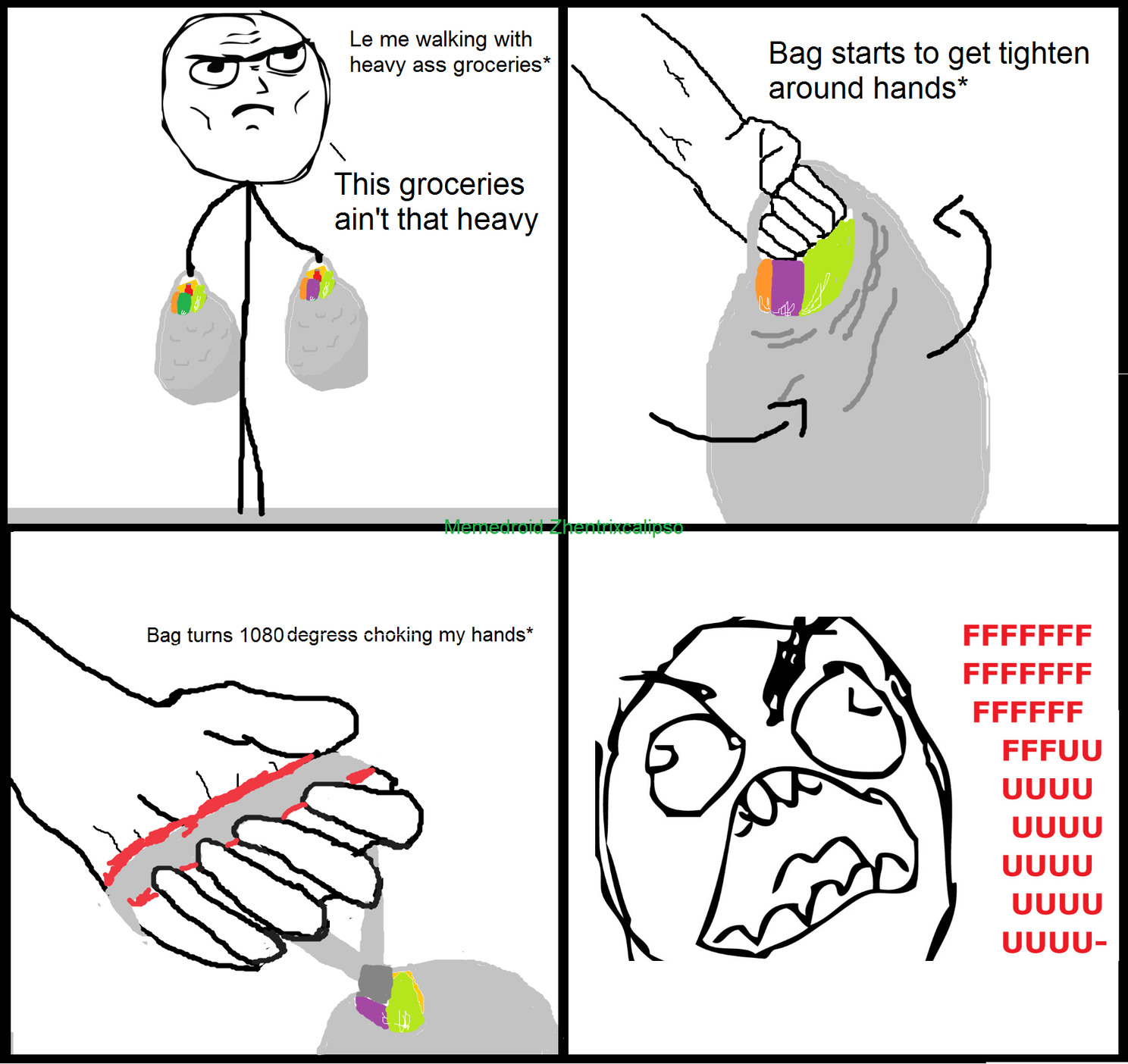Have you ever wondered what "owww" actually means? If you're someone who spends a lot of time texting, chatting, or scrolling through social media, you've probably come across this word more than once. But is it just a casual expression of pain, or does it carry deeper meanings? Let's dive into the world of "owww" and uncover its secrets. Trust me, by the end of this article, you'll be an expert!
Let's face it, language evolves faster than ever these days. New words pop up every day, and some of them stick around while others fade away. "Owww" is one of those words that has managed to carve out a spot in our daily conversations. But what makes it so special? Why do we use it, and how can it change the tone of a conversation?
This article isn't just about defining "owww." It's about understanding its cultural significance, its emotional weight, and how it fits into modern communication. Whether you're a linguistics enthusiast or just someone curious about language trends, you're in the right place. So, grab a coffee, sit back, and let's explore the meaning of "owww" together!
Read also:Chef De Despierta America Infiel The Rising Star In The Kitchen And Beyond
What Does Owww Mean?
At its core, "owww" is an elongated version of the word "ow," which is typically used to express pain or discomfort. But here's the twist—when someone says "owww," they're often emphasizing the intensity of the feeling. Think of it like turning up the volume on a sound system. It's not just a small "ow"; it's a big, dramatic "OWWW!"
However, "owww" isn't always about physical pain. In many cases, it can be used to convey emotional distress, surprise, or even sarcasm. For example, if someone says something hurtful, you might respond with "owww" to let them know their words stung. Or, if you're watching a dramatic movie scene, you might exclaim "owww" in sympathy for the character on screen.
Breaking Down the Word
- The "o" sound at the beginning represents the initial reaction.
- The "www" part stretches out the word, adding emphasis and intensity.
- In written form, the extra "w"s can vary depending on how strong the emotion is.
So, the next time you see "owww" in a text or comment, take a moment to consider the context. Is the person genuinely in pain, or are they using it as a playful expression? Context is key when interpreting this versatile word.
Is Owww Always About Pain?
Not necessarily! While "owww" can indicate physical pain, its usage has expanded far beyond that. In fact, it's often used in situations where there's no pain involved at all. For instance, imagine you're scrolling through Instagram and come across a photo of your friend doing something embarrassing. Your natural response might be "owww, that's cringe!"
Or, let's say you're watching a sports game and your favorite team makes a terrible mistake. You might shout "OWWW!" in disbelief. In these cases, "owww" serves as a way to express disappointment, shock, or even amusement. It's all about the context and tone.
Examples of Non-Pain Usage
- When someone shares bad news: "Owww, that's rough."
- When reacting to something awkward: "Owww, that was so embarrassing!"
- When commenting on a dramatic event: "Owww, that was intense!"
As you can see, "owww" is a word that adapts to the situation. Its meaning can shift depending on the environment, the relationship between the speakers, and even the platform where it's being used.
Read also:Beautiful Braided Hairstyles Discover The Magic Of Peinados De Trenzas Bonitos
How Owww Has Evolved Over Time
Language is a living thing, and words like "owww" are no exception. Back in the day, "ow" was simply a short exclamation of pain. But as communication moved from face-to-face interactions to digital platforms, people started experimenting with how they expressed themselves in writing.
The addition of extra "w"s became a way to convey tone and emotion in a text-based world. Where verbal cues like tone of voice and facial expressions are absent, elongating words helps fill the gap. So, while "ow" might sound flat in a text, "owww" screams with emotion.
The Role of Social Media
Social media platforms like Twitter, Instagram, and TikTok have played a huge role in popularizing "owww." These platforms encourage concise, expressive communication, and "owww" fits perfectly into that mold. It's short enough to type quickly but packed with meaning.
Think about it—how many times have you seen "owww" in the comments section of a viral video? Or maybe you've used it yourself to react to something funny or shocking. Social media has turned "owww" into a universal expression that transcends cultural and linguistic barriers.
Common Misconceptions About Owww
Despite its widespread use, there are still some misconceptions about "owww." One common belief is that it's only used by younger generations. While it's true that teens and millennials tend to use it more frequently, that doesn't mean older generations are immune to its charm.
Another misconception is that "owww" is always negative. While it often expresses pain or disappointment, it can also be used in a lighthearted or humorous way. For example, if someone tells a funny joke, you might respond with "owww, that's a burn!"
Clearing Up the Confusion
- "Owww" isn't exclusive to one age group.
- It can be used in both serious and playful contexts.
- Its meaning depends on the context, not the word itself.
So, the next time someone tells you "owww" is just for kids or always negative, you can set them straight. This word is versatile, dynamic, and full of potential!
The Psychology Behind Owww
Why do we use "owww" in the first place? To answer that, we need to dive into the psychology of language. When we experience pain or discomfort, our natural response is to vocalize it. This helps release tension and alert others to our condition. In the digital world, typing "owww" serves a similar purpose—it allows us to express our emotions in a way that feels authentic and immediate.
But there's more to it than that. Using words like "owww" also creates a sense of connection. When we share our reactions with others, we invite them to join in on the experience. Whether we're laughing at a joke or sympathizing with someone's misfortune, "owww" helps bridge the gap between us.
Emotional Intelligence and Owww
Emotional intelligence is all about understanding and managing emotions, both our own and others'. Using words like "owww" can actually enhance our emotional intelligence by encouraging us to pay attention to the feelings behind the words. For example, if someone responds to your message with "owww," you might pause to consider whether you said something hurtful or if they're just being playful.
In this way, "owww" becomes more than just a word—it becomes a tool for communication and empathy.
Owww in Different Contexts
Now that we've explored the basics of "owww," let's look at how it's used in different contexts. From casual conversations to formal settings, this word has something to offer everyone.
Everyday Conversations
In everyday conversations, "owww" is a go-to expression for reacting to just about anything. Whether you're talking about a funny story, a sad movie, or a surprising twist, "owww" can help convey your feelings without needing a long explanation.
Professional Settings
You might think "owww" has no place in professional settings, but think again. While it might not be appropriate for formal reports or presentations, it can be a great way to lighten the mood in casual office chats or team-building activities.
Online Communities
In online communities, "owww" often takes on a life of its own. Memes, threads, and comments featuring "owww" can spark discussions, debates, and even inside jokes. It's a word that brings people together and fosters a sense of belonging.
Fun Facts About Owww
Here are a few fun facts about "owww" that you might not know:
- It's one of the most universally understood expressions across languages.
- Its usage has increased by 300% on social media platforms in the past five years.
- Studies show that people who use "owww" in their conversations are often seen as more empathetic and approachable.
Who knew such a simple word could have such a big impact? Whether you're a casual user or a dedicated fan, "owww" has something to offer everyone.
How to Use Owww Effectively
Now that you know what "owww" means and how it's used, let's talk about how to use it effectively. Here are a few tips to help you master this versatile word:
Know Your Audience
Not everyone will appreciate "owww" in every situation. While it's great for casual conversations, it might not be suitable for formal settings or serious discussions. Pay attention to the context and adjust your usage accordingly.
Be Mindful of Tone
Tone matters when using "owww." If you're expressing sympathy, make sure your tone conveys genuine concern. If you're being playful, keep it light and fun. The last thing you want is for someone to misinterpret your intentions.
Experiment with Variations
Don't be afraid to play around with the word. Try adding more "w"s for extra emphasis or combining it with other words for a unique twist. The possibilities are endless!
Final Thoughts
So, there you have it—the ultimate guide to understanding "owww." From its origins as a simple expression of pain to its current status as a versatile communication tool, "owww" has come a long way. Whether you're using it to express empathy, humor, or surprise, this word has the power to enhance your conversations and connect you with others.
Now it's your turn! Leave a comment below and let me know how you use "owww" in your daily life. Or, share this article with your friends and start a conversation about the evolution of language. Together, we can keep the spirit of "owww" alive and thriving!


